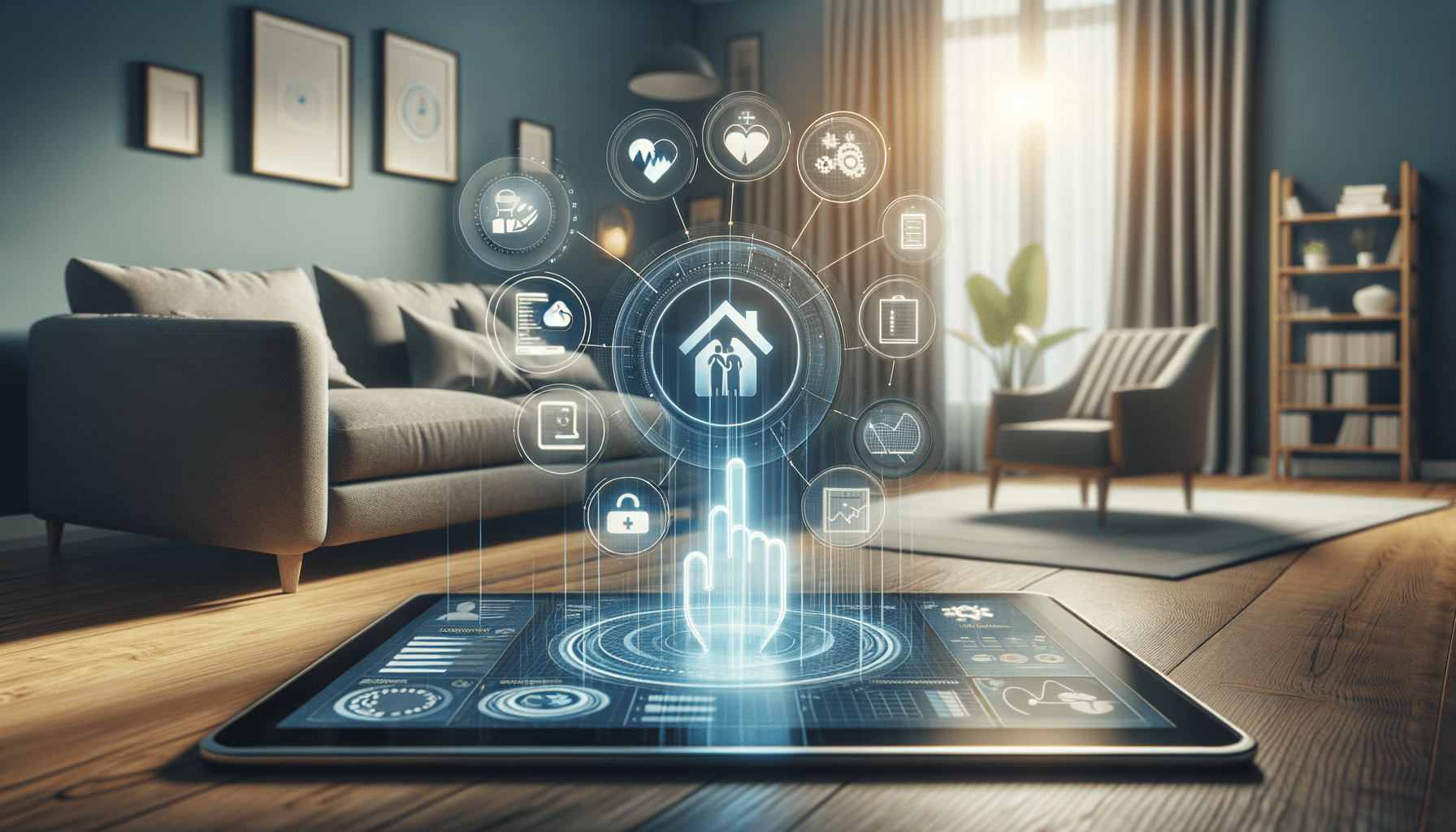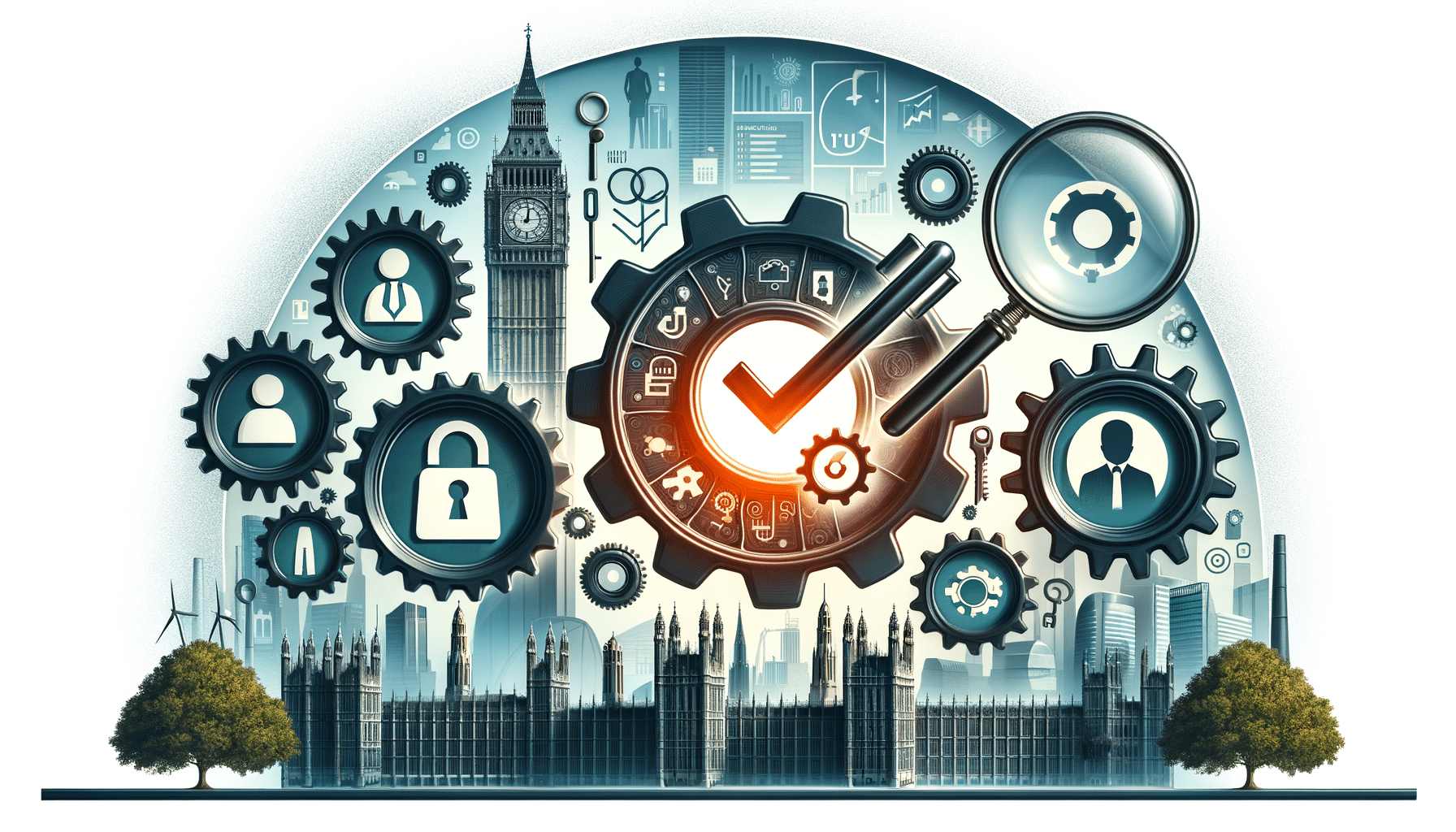
Exploring the benefits of home healthcare scheduling software
The Evolution of Healthcare Software
Healthcare software has undergone significant evolution over the past few decades, transforming from basic record-keeping systems to complex platforms that integrate various aspects of healthcare services. Initially, healthcare software was primarily used for administrative tasks such as scheduling appointments and managing patient records. However, with technological advancements, these systems have expanded to include features such as telemedicine, electronic health records (EHR), and patient management systems.
The integration of artificial intelligence and machine learning has further enhanced the capabilities of healthcare software, enabling predictive analytics and personalized patient care. These technologies allow healthcare providers to analyze vast amounts of data, leading to improved diagnosis and treatment plans. Moreover, the shift towards cloud-based solutions has made healthcare software more accessible and scalable, allowing for real-time data access and collaboration among healthcare professionals.
As the healthcare industry continues to embrace digital transformation, the role of healthcare software is becoming increasingly vital in improving patient outcomes and operational efficiency. The future of healthcare software is likely to see further integration with wearable technology and the Internet of Things (IoT), providing even more data-driven insights for healthcare providers.
Key Features of Home Healthcare Scheduling Software
Home healthcare scheduling software is designed to streamline the management of home-based healthcare services. One of the primary features of this software is its ability to automate scheduling processes, reducing the time and effort required to coordinate appointments between patients and healthcare providers. This automation not only improves efficiency but also minimizes the risk of scheduling conflicts and errors.
Another essential feature is the integration with electronic health records, which allows healthcare providers to access patient information seamlessly. This integration ensures that healthcare professionals have the necessary data to provide personalized care during home visits. Additionally, many home healthcare scheduling software solutions offer mobile applications, enabling healthcare providers to manage their schedules and access patient information on the go.
The software also often includes features such as automated reminders for both patients and providers, billing and invoicing capabilities, and compliance tracking to ensure adherence to healthcare regulations. These features collectively enhance the overall management of home healthcare services, leading to improved patient satisfaction and better resource allocation.
Benefits of Implementing Home Healthcare Scheduling Software
Implementing home healthcare scheduling software offers numerous benefits to healthcare providers and patients alike. One of the most significant advantages is the improvement in operational efficiency. By automating scheduling and administrative tasks, healthcare providers can focus more on patient care rather than paperwork. This efficiency leads to a higher quality of care and increased patient satisfaction.
For patients, the convenience of having a streamlined scheduling process means reduced waiting times and more flexible appointment options. The integration with electronic health records also ensures that patients receive personalized care, as healthcare providers have access to comprehensive patient histories and can tailor their services accordingly.
Moreover, home healthcare scheduling software enhances communication between patients and providers through features such as automated reminders and notifications. This improved communication reduces the likelihood of missed appointments and ensures that patients are well-informed about their care plans. Overall, the implementation of such software leads to a more organized and effective home healthcare service delivery.
Challenges and Considerations in Choosing Healthcare Software
While the benefits of healthcare software are numerous, there are several challenges and considerations that healthcare providers must address when selecting a suitable solution. One of the primary challenges is ensuring data security and patient privacy. With the increasing digitization of healthcare records, protecting sensitive patient information from cyber threats is paramount.
Another consideration is the software’s compatibility with existing systems. Healthcare providers must ensure that the new software can seamlessly integrate with their current infrastructure to avoid disruptions in service delivery. Additionally, the software should be user-friendly and require minimal training for healthcare staff to adopt effectively.
Cost is also a significant factor, as healthcare providers must balance the benefits of the software with their budgetary constraints. It is essential to evaluate the long-term value of the software in terms of improved efficiency and patient outcomes. Lastly, providers should consider the scalability of the software to accommodate future growth and technological advancements.
Future Trends in Healthcare Software
The future of healthcare software is poised to be shaped by several emerging trends. One such trend is the increasing use of artificial intelligence and machine learning to enhance decision-making and patient care. These technologies are expected to play a crucial role in predictive analytics, enabling healthcare providers to anticipate patient needs and optimize treatment plans.
Another trend is the growing emphasis on patient engagement and self-management. Healthcare software solutions are increasingly incorporating features that empower patients to take an active role in their healthcare journey, such as patient portals and mobile health applications. These tools allow patients to access their health information, schedule appointments, and communicate with healthcare providers more conveniently.
The integration of wearable technology and IoT devices is also set to revolutionize healthcare software by providing real-time health data to providers. This data can be used to monitor patient health continuously and make timely interventions when necessary. As technology continues to evolve, healthcare software will likely become more personalized and patient-centric, leading to improved healthcare outcomes and experiences.
